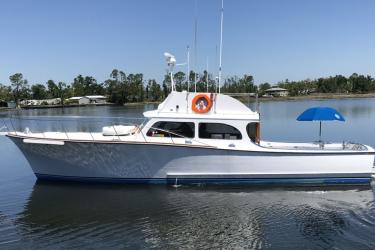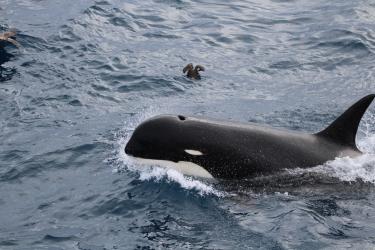The Western Central Atlantic region is a major fishing area of economic and ecological importance. Many of the region’s coastal economies depend upon the living marine resources of the Caribbean marine ecosystem. It is vital that these species, such as the spiny lobster and queen conch, are sustainably managed by nations, including the United States, that share access to these resources. These shared stocks cross national boundaries, which creates specific challenges for effective fisheries management.
The Western Central Atlantic Fishery Commission—a regional fisheries body of the United Nations Food and Agriculture Organization with 34 members including the European Union and other countries fishing in Caribbean waters—provides nonbinding management advice for species in the region. The United States, a major exporter of fish and fish products for this region, is a member.
Efforts at the 17th session of the commission will focus on strengthening commitments to advance the long-term sustainability of spiny lobster, queen conch, and other shared fisheries in the Western Central Atlantic. International collaboration on their management is essential, given that nations share access to the stocks. U.S. goals of sustainability and healthy ecosystems cannot be achieved without cooperation among regional partners.
Another item to be addressed is data collection in the Western Central Atlantic area to support future stock assessments and management advice. Participants will also consider a regional plan of action to more effectively combat illegal, unreported, and unregulated fishing in the wider Caribbean. IUU fishing is a global problem that threatens ocean ecosystems, sustainable fisheries, and law-abiding fishermen.
The United States looks forward to working collaboratively with other nations at the commission to promote science-based management that supports the long-term sustainability of shared living marine resources in the wider Caribbean.


